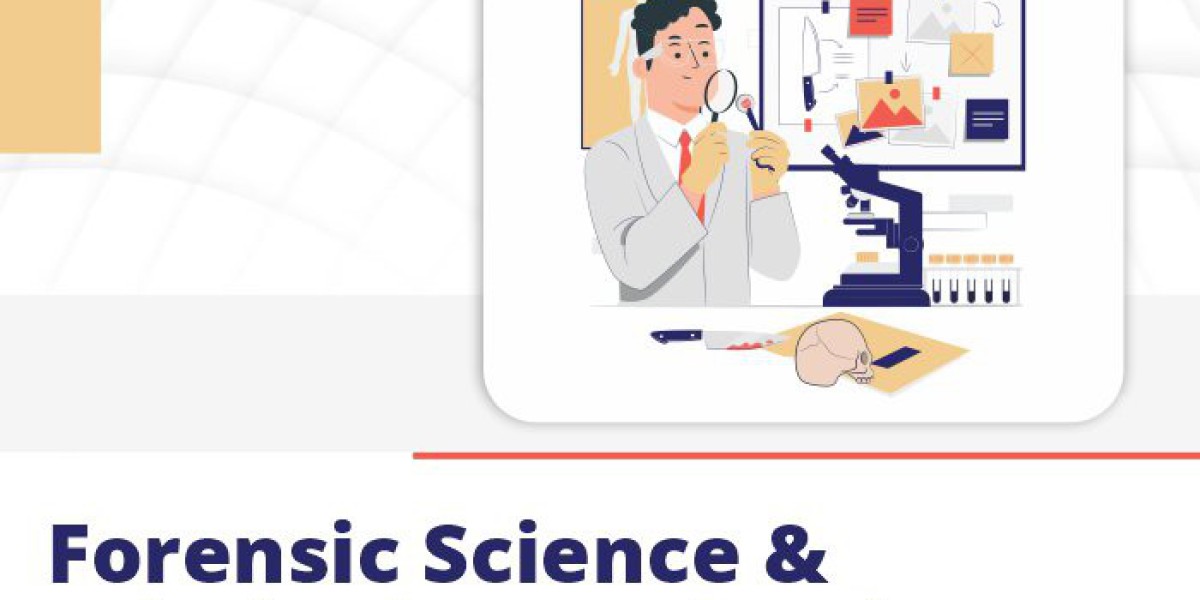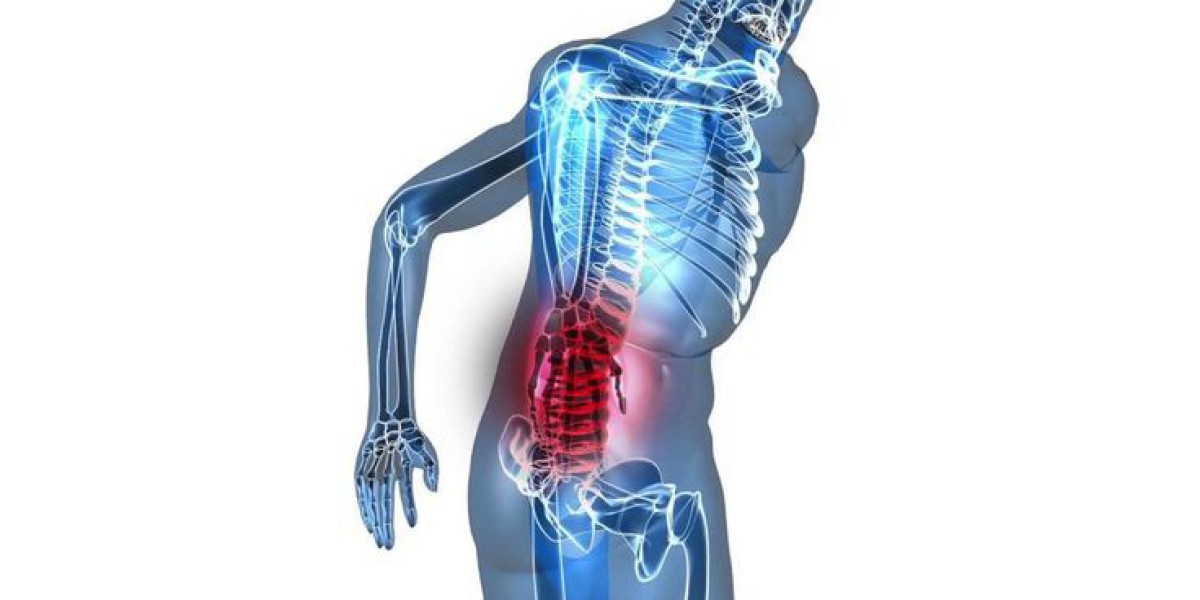Forensic science is an important aspect in solving crimes and guaranteeing that culprits are brought to book. Some investigations involve science whenever it seeks to find proof to support a certain case in law it calls on the forensic experts to assist in gathering and analyzing the case. The role of forensic science in the criminal case and future opportunities of obtaining the individual experience through further education are discussed in this blog post.
What is Forensic Science?
Criminalistics is defined as the scientific process of collecting, analyzing and presenting evidence in connection with the commission of a crime. In its broadest sense, it can involve biology, chemistry, and physics, to name but a few in assessing physical clues at the scene of a crime. The typical kinds of forensics are fingerprints, DNA, blood, hair samples, fibers, and cybertrails. Every single piece of evidence has potential information that can reveal what occurred during a crime, who was present and how exactly the crime took place.
Like any other scientist, the forensic scientists work in a laboratory or in the crime scene as part of their duty to the force to make sure that they get all the evidence right. They can help decide criminal matters as they involve solving different cases and making the necessary recommendations that make trial successes be achieved, and justice be done.
The Role of Forensic Science in Criminal Investigation
Forensic science is the scientific discipline used in all major branches of criminal investigation and in criminal justice has changed the entire system of investigation completely. Here are some key ways in which forensic science contributes to criminal investigations:
Collecting and Preserving the Facts
It has been realized that forensic scientists are well equipped to gather and document crime scenes evidence in precise manner. It is important that evidence have to be properly handled because once they get contaminated, they would have a negative impact on the investigation. Measures like uses of photography, sketching and proper packing are used to preserve the items for further analysis.
Analyzing Evidence
Forensic Experts who have analyzed evidence through scientific methods once the evidence is gathered. Some of them include DNA profiling, toxicology, ballistics, and other specialties which assist in identifying suspects, or rather the conditions under which a criminal act was committed. Organized and coordinated, it can show a client what might not be otherwise evident to the law enforcement officers in their investigations work.
Expert Testimony
Most of the forensic scientists act as expert witnesses when the case gets to the court to explain what they have discovered. This can be extremely helpful for the legal system due to their capacity to explain complicated concepts in terms any layman would understand, especially where science is concerned. This testimony can go a long way in determining the results of a case.
Career Goal: The Forensic Scientist
So, if you’re into science and law you will certainly love to be a forensic scientist. Certificate courses in forensic science and criminal investigation are available in many institutions as part of an advanced course. They are usually more flexible and can range between one to six months and they consist of live online classes, practical, and fictional exercises, and case studies.
These programs offer a full educational experience of the field so that when you graduate, you’ll have the tools to interpret evidence, investigate, and aid the criminal justice system. In fact, some institutions conduct onsite workshops whereby the students are exposed to real life situations in controlled settings only necessary in the real world.
Conclusion
Forensic science is one of the most important tools of criminal investigation, which is the unification of the science and law enforcer. Since crime-solving mechanisms also advance, the need for professionals in forensics is also on the rise. To become a forensic scientist one has to undertake a forensic science course, which offers understanding and practical experience of making a difference in the industry. Whether as a Forensic Scientist, Analyst, Technician, Crime Scene Examiner/Investigator, or Expert Witness in a court of law: forensic science has interesting career paths for those who have passion for justice and criminology.









